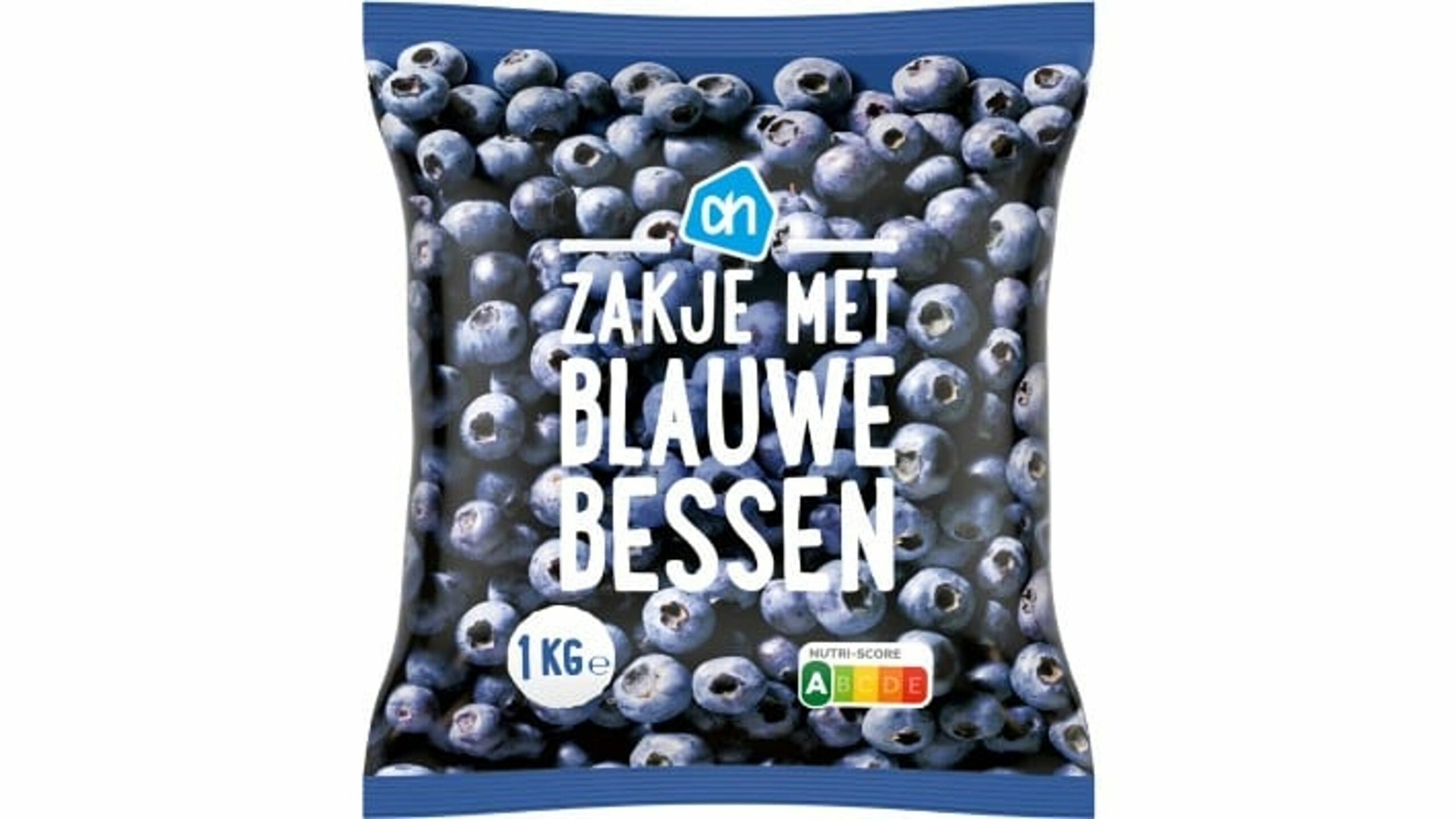At least 12 hepatitis A cases linked to AH frozen blueberries

At least 12 people have contracted hepatitis A after eating Albert Heijn’s own-brand frozen blueberries, the public health institute RIVM said on Tuesday.
Two of the infections were so severe that the victims had to be hospitalised, the agency reported. It expects several hundred people could ultimately be infected, but many may not realise it because the symptoms can be mild.
Albert Heijn issued a recall notice for the berries on Monday, warning that consumption could make people ill. The warning specifically concerns kilo bags of non-organic berries with a best-before date of April 14, 2026. However, as a precaution, the supermarket group has removed all kilo bags from its freezers.
By law, all cases of hepatitis A must be reported to the RIVM. The 12 victims identified so far are aged between 25 and 77.
Hepatitis A is generally a mild disease but can lead to a liver infection. Individuals with compromised health are at a higher risk of developing a more serious illness.
The first case was reported at the end of November, and additional cases have been reported sporadically since then. “These are the more severe cases that required treatment,” an RIVM spokesperson said.
The incubation period for hepatitis A—the time between infection and symptom onset—is two to six weeks. When symptoms do appear, they typically last about eight weeks and may include nausea, vomiting, diarrhea, jaundice, fever, and abdominal pain.
The berries in question come from a factory in Poland, and the RIVM believes the infection likely stems from poor hygiene during the packaging process.
Hepatitis A is transmitted from human to human via fecal matter. “The virus could have been spread through contaminated irrigation water, but it is more likely that a picker did not properly wash their hands after using the toilet,” the RIVM spokesperson said.
This scenario is more probable, the spokesman said, as a larger outbreak would have occurred if the contamination had been waterborne.
Thank you for donating to DutchNews.nl.
We could not provide the Dutch News service, and keep it free of charge, without the generous support of our readers. Your donations allow us to report on issues you tell us matter, and provide you with a summary of the most important Dutch news each day.
Make a donation